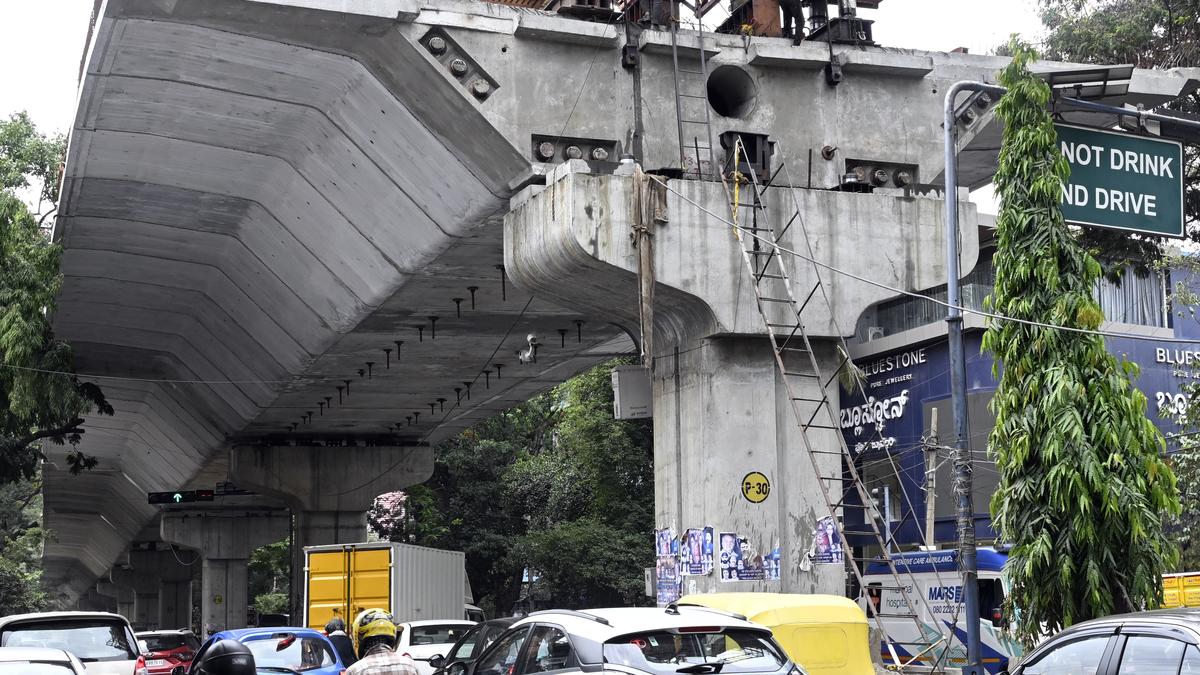The much-delayed Ejipura flyover, a critical infrastructure project aimed at easing one of Bengaluru’s most notorious traffic bottlenecks, has received yet another deadline extension, now pushed to March 2026. This protracted timeline, eight years behind its original schedule, underscores the persistent challenges in urban infrastructure development and the imperative for efficient project execution to ensure sustainable and eco-friendly city growth.
The 2.38-kilometre flyover, designed to connect Ejipura to Madiwala, is a vital artery for daily commuters navigating the city’s dense traffic. Its prolonged delay has not only caused significant inconvenience but has also contributed to increased vehicular idling, leading to higher fuel consumption and elevated carbon emissions in the affected corridors. Bruhat Bengaluru Mahanagara Palike (BBMP) Chief Commissioner M. Maheshwar Rao has now issued stringent directives to engineers, urging all possible measures to ensure this latest deadline is met, highlighting the urgency to deliver on public expectations.
Work on the flyover was reinitiated in November 2023, with the previous official deadline set for December 2025 under the contract’s Extension of Time clause. While core construction tasks, including segment casting, erection, and span installation, are reportedly underway and expected to conclude by December, an additional three months have been allocated for final touches such as asphalting. As of June 17, progress reports indicate a mixed picture, with a substantial number of segments yet to be cast and erected, and many spans still awaiting installation.
The project’s journey has been fraught with setbacks. Originally tendered in 2017, it suffered significant delays due to the initial contractor’s inefficiencies, leading to contract termination. Subsequent re-tendering attempts faced multiple failures before BSCPL Infrastructure Ltd was finally awarded the work. These historical delays underscore the complexities of large-scale urban projects, where meticulous planning, robust contractor selection, and vigilant oversight are paramount to avoid cost overruns and prolonged public inconvenience.
Furthermore, the environmental costs associated with the project have been a point of contention. To make way for the flyover, 79 trees have been felled, and 7 translocated, raising concerns among environmental advocates. While infrastructure development is essential for urban growth, balancing it with ecological preservation is crucial for building sustainable and zero net carbon cities. The completion of this flyover, despite its past challenges, is expected to eventually streamline traffic, potentially reducing overall travel times and emissions, thereby contributing to a more efficient and cleaner urban environment for all citizens.
Also Read: Mumbai swiftly repairs over 3,200 potholes within 48 hours using QuickFix app


